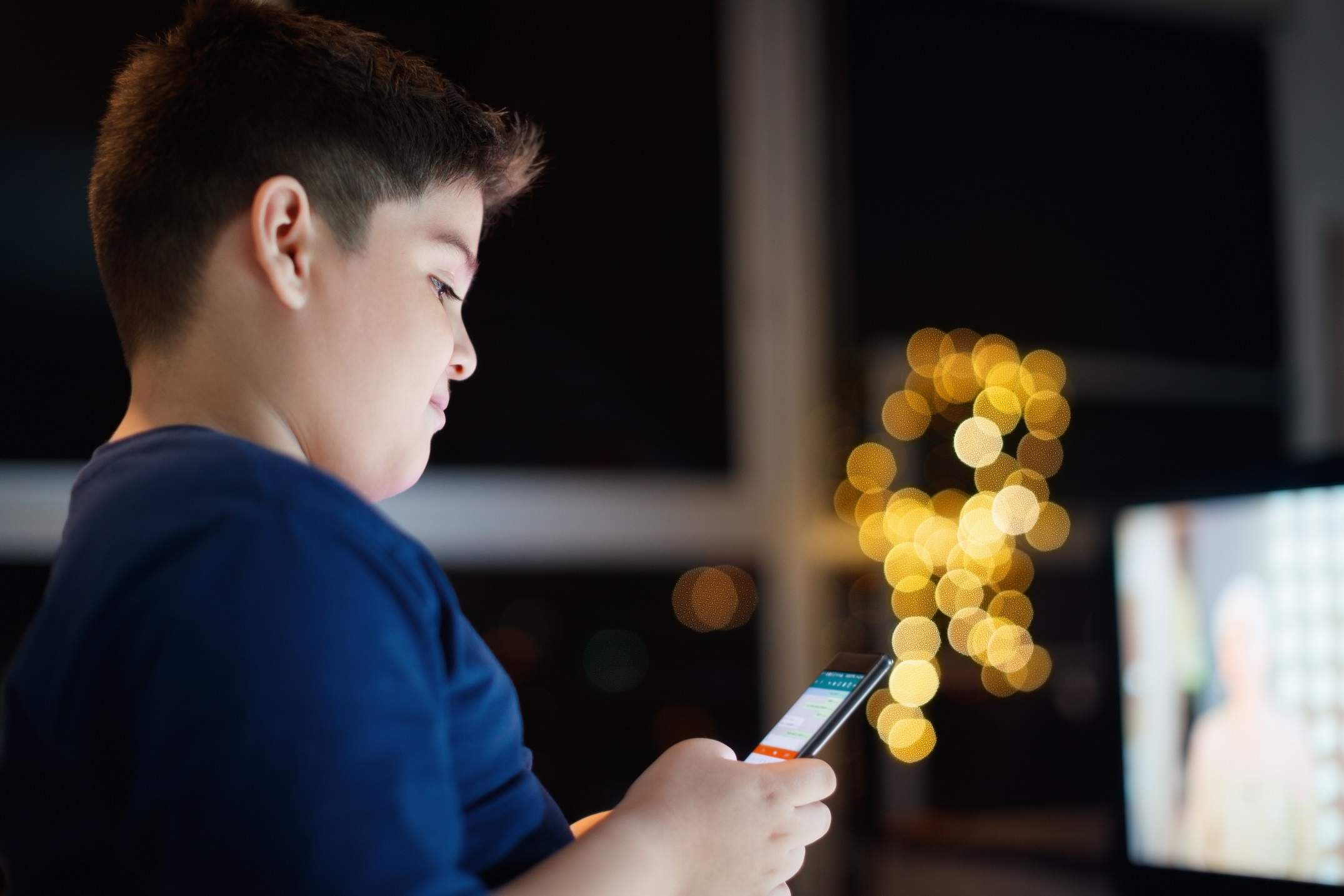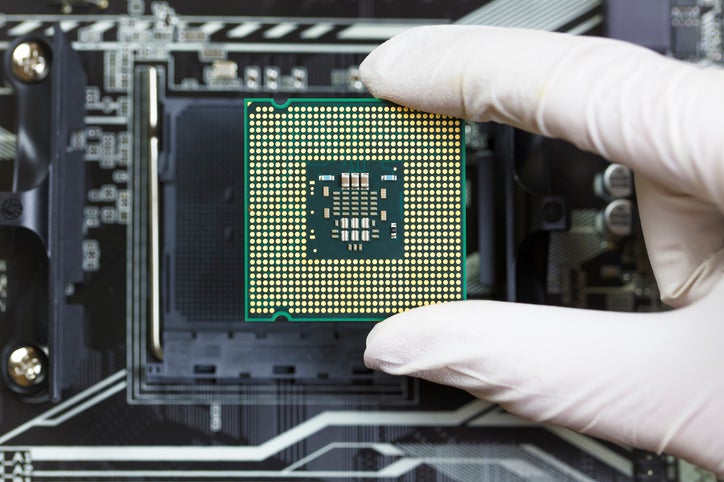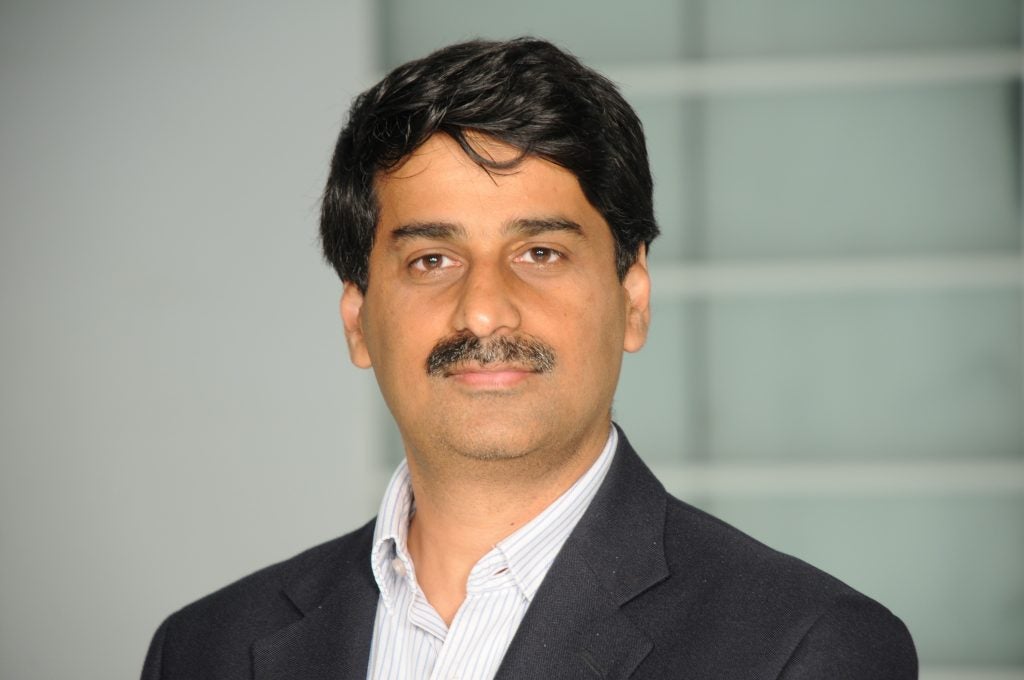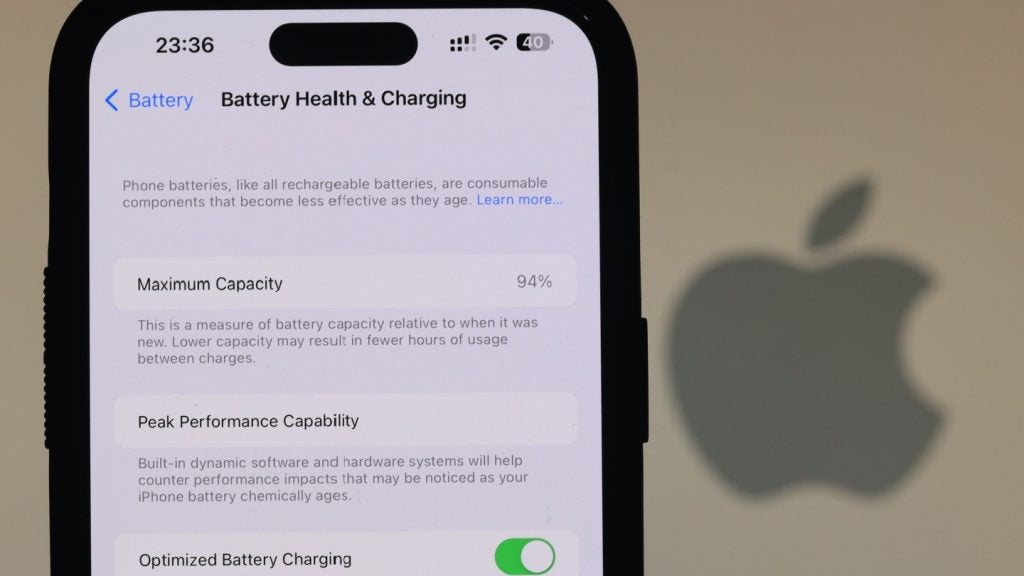
,According to the UK’s communications regulator, Ofcom, the average internet user in the UK checks their phone 200 times a day.
This statistic is part of growing concerns about smartphone addiction across the world.
Over in the US, two of Apple’s shareholders are asking the company that created the smartphone to investigate the phone addiction amongst young people.
The two shareholders, Jana Partners LLC and the California State Teachers’ Retirement Fund (Calstrs) control about $2bn of Apple shares, according to the Wall Street Journal. They joined up to send a letter to Apple this weekend. It asked Apple to develop software tools to help parents control and limit their children’s phone use more easily.
As well, they requested that the top US tech firm also studies the impact of smartphone overuse on mental health.
The letter said:
How well do you really know your competitors?
Access the most comprehensive Company Profiles on the market, powered by GlobalData. Save hours of research. Gain competitive edge.

Thank you!
Your download email will arrive shortly
Not ready to buy yet? Download a free sample
We are confident about the unique quality of our Company Profiles. However, we want you to make the most beneficial decision for your business, so we offer a free sample that you can download by submitting the below form
By GlobalData“Apple can play a defining role in signalling to the industry that paying special attention to the health and development of the next generation is both good business and the right thing to do.
“There is a developing consensus around the world including Silicon Valley that the potential long-term consequences of new technologies need to be factored in at the outset, and no company can outsource that responsibility.”
Internet and smartphone addiction are nothing new
Mark Griffiths, a chartered psychologist professor at Nottingham Trent University, was one of the first academics to write about internet addiction over 20 years ago. He told Verdict:
“People are no more addicted to the internet as alcoholics are addicted to the bottle. So, really what we’re talking about are addictions on the internet rather than an addition to the internet.”
Recently, the World Health Organisation’s (WHO) International Classification of Diseases has recognised that gaming disorder is a mental health condition. Now, the disorder as listed as a health condition it means more efforts and money will be put into treatment. This will help those classified as addicts.
In addition, there is a growing concern about how smartphones are affecting children and young people. In the US and China, there are specific tech rehab centres to help teenagers with “troubling use” of smartphones
The founder of one such centre, Dr Hilarie Cash of restart Life Centre near Seattle, told Sky News:
“When you start handing these devices to young children and they’re distracted by the movement, the colour and the sound coming from this device, that [it] is mesmerising enough that it will override all those natural instincts that children actually have for movement and exploration and social interaction.”
What is Apple going to do about it?
At the moment, Apple doesn’t offer any guidance on how parents should manage their children’s smartphone and tablet usage. However, it does offer features that give parents some control, such as which apps and service their children can use.
It’s interesting to note that Steve Jobs, Apple’s late co-founder, limited how much his children used technology. He told the New York Times a few years ago that his children hadn’t used Apple’s latest invention, which was the iPad.
“We limit how much technology our kids use at home,” said Jobs.
As well, Bill Gates, founder of Microsoft, also limited his children’s screen time. He reportedly wouldn’t allow his children to have smartphones until they were 14. This is because he feared the detrimental effects of too much screen time.
Yet, there are benefits of children using technology. Education tech (edtech) startups like pi-top want to change the tech relationship for children, from a reactive one to an active one. It’s green modular laptops teach children how to code, using interactive games and tools such as building robots.
Co-founder Jesse Lozano told Verdict:
“Hand on my heart, I believe that this is the best way to learn how to code and learn tech skills that has a real chance of getting students inspired. And that’s the key to making an inspirational product.”







